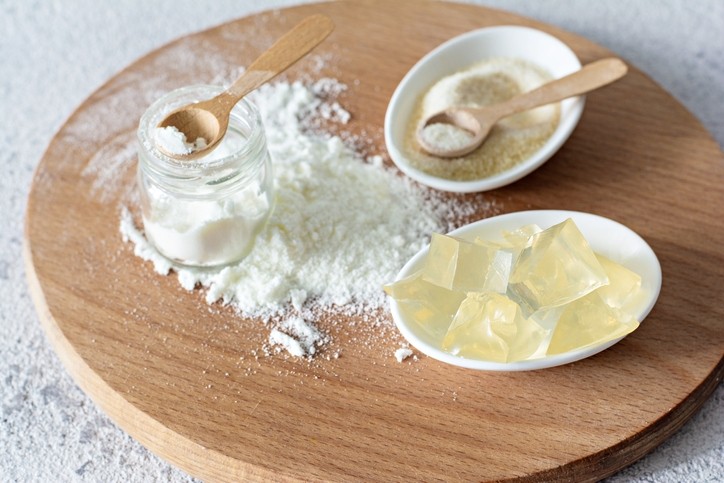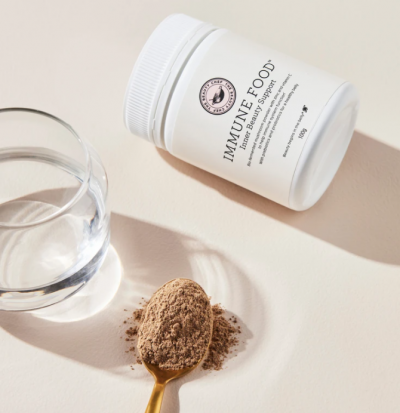Quacking idea: Duck feet gelatin combined with prebiotics may be a potential carrier for probiotics

Compared to bovine or fish gelatin, duck feet gelatin produced similar probiotic viability, and the addition of prebiotics such as gum arabia was shown to help keep probiotics alive, as well as provide a smooth uniform structure.
In this study conducted by researchers from Iran, Malaysia and Indonesia, scientists created four different films by combining duck feet gelatin with a probiotic strain Lactobacillus casei ATCC, and four different prebiotics which were dextrin, polydextrose, gum arabic, and sago starch.
The films were tested on the survivability of the probiotic at room temperature (25°C), and were compared against other gelatin films made from bovine and fish gelatins on film thickness, moisture content, water solubility, colour, water-vapour permeability and prevention against oxidation.
The survivability of probiotics is key for its effectiveness, with the biggest problem in the digestive tract pathway. Currently, microencapsulation and edible films and coatings made from gelatin, corn starch, and whey protein concentrate are used as probiotic carriers.
Researchers said foods should contain 108–109 CFU /g to ensure adequate therapeutic minimum of 106–107 CFU/g in the colon.
The methodology and findings of this study was published in the journal Foods.
Gelatin findings
The duck feet gelatin showed similar probiotic viability to fish and bovine gelatin, with researchers attributing this to its protein content.
Proteins are known to increase probiotic survival by supplying micronutrients and scavenging free radicals such as amino acids and peptides that are essential for improving the weak growth of proteolytic probiotic bacteria.
Gelatin also contains imino acids such as proline and hydroxyproline which help stabilise the structure by forming hydrogen bonds. The hydroxyproline content of duck feet gelatin is higher than that of mammalian and chicken gelatin.
Prebiotic results
The addition of prebiotic fibre such as sago starch and gum Arabic in the duck feet gelatin film led to a more uniform and compact structure, compared to dextrin and polydextrose. Prebiotics help act as fillers in the entangled gelatin network.
In terms of moisture content, the type of prebiotics did not exert significant influence. The low moisture content of duck feet gelatin films suggested that they can be a carrier of bioactive compounds, especially probiotics.
The water solubility values found for dextrin and sago starch films were considerably lower than the values found for the gum arabic and polydextrose films, suggesting that the former two may be more resistant to dissolution in water.
Water-vapour permeability was highest in the sago starch film, and lowest in the dextrin film.
The prevention against oxidation value was significantly reduced in all prebiotic films except sago starch. The lower the value, the better the protective effect for the probiotic.
The presence of oxygen around probiotic bacteria can cause toxic metabolites in cells, leading to oxidative stress, damage, and cell death.
Overall, the film using the gum arabic prebiotic performed the best in terms of enhancing the viability of the probiotic.
Future studies
These results showed that films made with duck feet gelatin could prevent water mobility, oxygen, and light and be a suitable matrix as a probiotic carrier.
This study only analysed the viability of one probiotic strain, so researchers suggested the use of several probiotic bacteria under the conditions of this study to validate the findings.
Source: Foods
https://doi.org/10.3390/foods10081761
“Characterization and Cell Viability of Probiotic/Prebiotics Film Based on Duck Feet Gelatin: A Novel Poultry Gelatin as a Suitable Matrix for Probiotics”
Authors: Ahmadreza Abedinia, et al.















